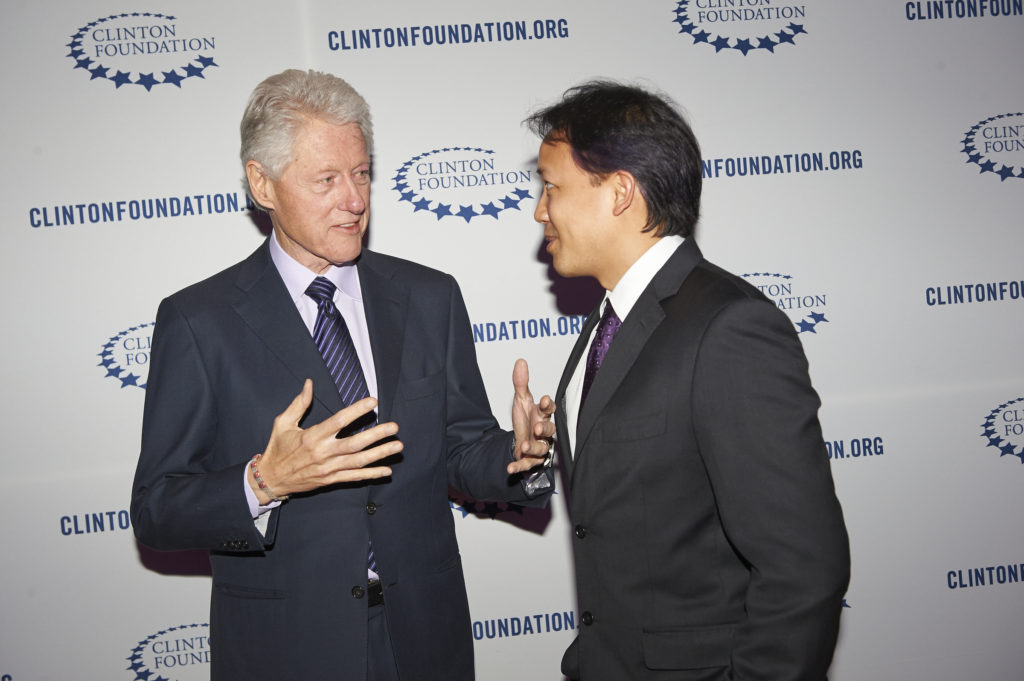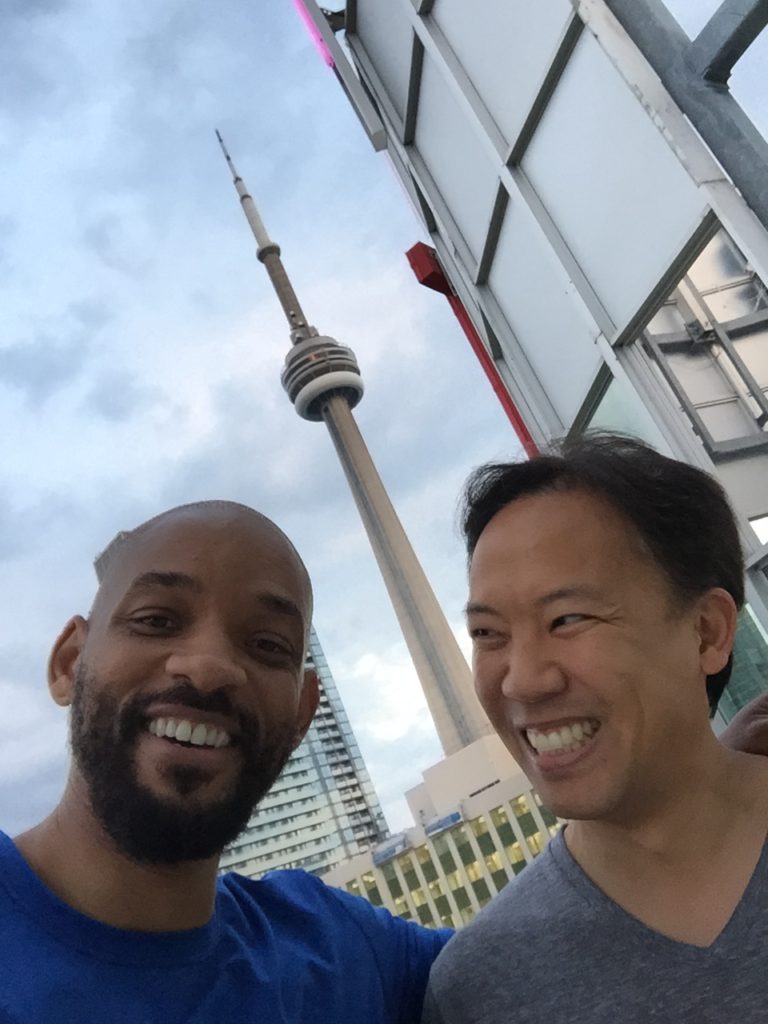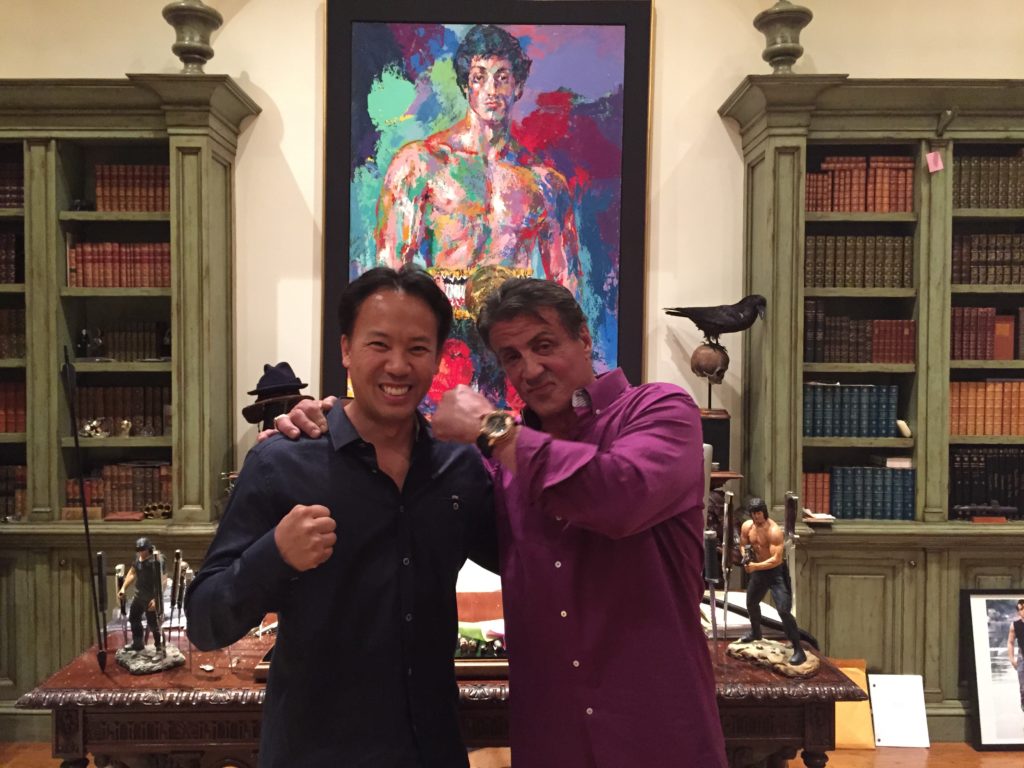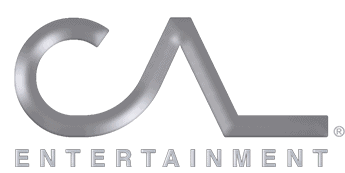By Nathan Chan for Foundr Magazine
Jim Kwik is exclusively represented by CAL Entertainment
Unlock Your Superpower
As an up-and-coming entrepreneur, you probably think you’re giving it everything you’ve got. Day in, day out, working at max capacity. Right?
Wrong. (Sorry.)
Jim Kwik, one of the world’s leading brain performance coaches, has trained the likes of Richard Branson, Jim Carrey, and Will Smith in the art of unleashing the mind’s full potential. And he’s here to put your underperforming brain on notice.
As the founder of Kwik Learning and SuperheroYou, a global community of more than 140,000 students committed to upgrading their brainpower, Kwik has a rapidly growing sphere of influence. But don’t worry, he’s here to use his power for good, not evil.
Be warned: This is not an interview to take lying down. Scrap everything you were thinking about, get on your feet, turn off your phone, and get ready to pounce on Kwik’s game-changing wisdom.
Origin Story
According to Kwik, your mind is your single biggest asset for entrepreneurial success. You’ve gotta learn, so you can earn. But Kwik’s personal story is not your average humble beginnings narrative. The impetus for his career as international brain-training superhero was born from desperation, after a traumatic head injury at age 5 put Kwik severely behind the eight ball as a student. It was a setback Kwik would spend the next decade trying to combat, as he strove to keep up with his peers.

By the time Kwik reached college, he was determined to put the disadvantage behind him, sensing an opportunity to become the “smart guy” he’d always dreamed of being. Only the reality wasn’t quite so simple. After putting himself through the physical and emotional ringer, Kwik began to buckle under the hefty university workload. Try as he might, knowledge simply wouldn’t stick, and Kwik was ready to throw in the towel.
Unfortunately, it took another nasty knock to the head for the way forward to present itself. After a fall left him unconscious for two days, Kwik was recuperating in the hospital when a kindly nurse placed a mug of tea before him.
It bore a quote from Albert Einstein: The same level of thinking that has created your problem won’t solve your problem.
It all clicked. Kwik realized his problem wasn’t related to the information he’d been trying to force into his brain, but the very act of learning itself.
“I thought there had to be a better way. All the classes at school were on what to learn, but there were zero classes on how to learn—how to listen, to learn faster, to concentrate, and to problem solve. I started reading anything I could get my hands on about learning; adult learning theory, learning styles, reading, memory, focus. I wanted to understand this one riddle: How does my brain work so I can work my brain?”
A few months later, as his grades and happiness began to soar, Kwik started sharing his strategy with other students via a series of courses. The powerful effect of mastering relatively simple competencies like speed reading continued to blow his mind.
A Superhero’s Journey
As a child who taught himself to read using comic books, superheroes had always had a special meaning to Kwik. But they began to take on a new level of importance as he headed down this new professional path.
“I talk about superheroes a lot because they have a unique ability or strength and they share it with others in the form of value. I think entrepreneurs are modern day superheroes, as they create value where there was none.”
Kwik believes that every person embarks upon their own superhero’s journey, a path that generally involves some form of struggle before your Yoda eventually shows up. For Kwik, he came in the form of a friend’s father, who took him aside during his university troubles and challenged him, on the spot, to write down his goals.
“He told me, ‘You are this close to everything on this list.’ And I’m thinking there’s no way—give me 10 lifetimes and I can’t crack it! He took me to a room wall to wall with books and I saw many were biographies of people in history who mattered, people who really moved the needle. He pulled out my bucket list and starts to read. Something about being in that place, hearing a stranger say my dreams out loud to the universe, messed with my spirit and my mind something fierce. I still get goosebumps about that moment.”

Having benefitted from the influence of a great mentor, Kwik is a huge advocate of getting help. He believes that while everybody has the capacity to hustle, there is much to be gained from those who have come before us.
“We all stand on the shoulders of other superheroes. Even self-made entrepreneurs had help. I’m always looking for people and ideas. I wake up every morning thinking I could meet that new idea or individual that could completely change my life for the better. I literally walk around with that anticipation every day.”
Although it’s worth noting that most of us don’t get to hang with real-life superheroes like Kwik does. He describes a recent afternoon spent watching a boxing match with Sylvester Stallone and Arnold Schwarzenegger:
“I always think that genius leaves clues. What does it take to be a champion? Arnold told me it’s all about pushing through the pain. Sylvester said, ask yourself if the pleasure will be worth the pain. The theme is, inevitably you’re going to having struggles, but if you allow them to, they can become your strengths and can also become the way you serve others.”
Understanding the Basics
Before getting into the nitty gritty of brain training, Kwik says there are a couple of vital points entrepreneurs need to get their heads around. It starts with really understanding your brain’s potential.
Our brains are the ultimate supercomputers, he says, and in an economy where most of us are paid for our mental muscle, it has never been more important to see this power fully realized. But what most people don’t comprehend is the extent to which our minds can be hacked. Kwik blames this on an antiquated education system that was designed to educate farmers and factory workers at the turn of the century. The secret to getting ahead in business, therefore, is upgrading your capacity to learn.
“If knowledge is power, learning is your superpower. Every single person can do it; you just weren’t taught how. In many ways you were taught a lie, that your intelligence, your memories, your learning is fixed, like your shoe size. We know from the past few decades of brain science research that this is absolutely not true. We have an incredible capacity to learn, just not by consumption. We learn by creation, by rolling up our sleeves and getting involved.”
This is backed up by the caliber of clientele who regularly engage Kwik’s services to help sharpen their professional edge. From rocket scientists to Hollywood actors, Kwik believes a common trait of the world’s most successful people is that they all understand the greatest resource they have is the “three-pound matter between their ears.”
Another important lesson for entrepreneurs is fully understanding the ROI of learning. As he puts it, the faster you can learn, the faster you can earn. Activities like deconstructing the tactics adopted by other successful people are great ways to accelerate your growth, provided you do so when you’re in the right mindset to absorb the information. (Here’s a hint: it’s not right before bed.)
“We live in a very competitive information age. It feels like we’re trying to take a sip of water out of a fire hose. Knowledge is both power and profit. Entrepreneurs need to be committed to learning, and schedule time for it. Not for things like emails and project management, but to listen to a podcast or do 30 minutes of reading per day. Because if you’re not feeding your mind, you’re falling behind.”

Jim Kwik’s Mental Masterclass
1. How to Learn Faster
When it comes to learning anything faster, Kwik recommends his “FAST” approach.
F – Forget
Start by temporarily forgetting everything you already know, or think you do, about the subject. Why? Because your brain needs to be Miyagi-ed. It has a big old ego that thinks it already knows what it needs to know.
“It’s cliché, but your mind is like a parachute, it only works when it’s open. Forget situational things, forget what’s not relevant or urgent. We can only be aware of a certain amount of things at once.”
A – Active
Sitting down to learn? You’re doing it wrong. Kwik says most people are extremely passive while learning, because that’s what their 20th century education taught them. Activity is key.
“Learning is not a spectator sport. You can’t sit on the bench and expect to learn, you need to participate, take notes, ask questions.”
S – State
Consider the mood of your mind and body, avoiding the dull state that comes with sitting and being lectured to. Learning in this state encodes our memories incorrectly, making them harder to retrieve.
Kwik explains that information combined with emotion is required to create a long-term memory. We all know the feeling—that powerful surge of recollection that comes with a particular smell or the first few bars of a tune.
“They say sitting is the new smoking. Standing and moving changes your physiology, which affects your psychology, your state. And we are all responsible for how we feel. It’s the difference between a thermometer and a thermostat. A thermometer is a device that reacts to what the environment is giving it. A thermostat sets a standard and the environment raises to that level.
“That’s why I believe in entrepreneurs. They are the ones who set standards or levels of value and share it with the world. No matter what stage you’re at, be that thermostat. You want to learn faster? Also be curious, and fascinated, just like children.”
T – Teach
If you had to learn a skill like speed reading for the purpose of teaching it to someone else, would you learn it differently? Would you be more or less focused, or ask questions differently? Of course you would, Kwik says.
“When you teach something, you get to learn it twice. When you learn with the outcome to teach it to someone, you own that information more.”
2. How to Remember People’s Names
Kwik believes that one of the easiest, most effective memory tools is “MOM.”
M – Motivation
First and foremost, you need to believe it’s important. Imagine you are offered a suitcase filled with $100,000, if you can simply recall a person’s name. Even the feeblest of memories can suddenly remember without applying a single trick. It’s the same in practice. As you meet somebody, ask yourself why you want to recall their name. The answer itself is irrelevant, but reasons reap results. No reason, no recall.
“People don’t care how much you know until they know how much you care. So before you sell anything, whatever your business is, remember their name. I can’t tell you how many people I know of who hurt a relationship or killed a deal because they forgot or said the wrong name.”
O – Observation
Many people blame their poor memories on retention, when the real issue is attention, or lack thereof. Having had the honor of meeting Bill Clinton many times, Kwik is always bowled over by the extent of the man’s memory.
“Bill Clinton not only remembers my name, but conversations we’ve had and topics that interest me. That’s a real leadership skill. He has a powerful presence, but I think his incredible memory and presence comes from being powerfully present. The key to learning is observing. Take the world ‘listen.’ Scramble the letters and it becomes ‘silent.’ Be silent, hear the name.”
M – Mechanics
Mechanics relates to the practical tips and techniques that can help you to recall names. However, as Kwik warns, if you don’t want to remember a name or you don’t listen, how you propose to do it is a moot point.
3. How to Speed Read
In Kwik’s experience, the reason people read slowly is because they weren’t taught how to read quickly. Reading is a skill most of us haven’t brushed up on in since we were 6-year-olds, which seems practically irresponsible in light of the number of hours we spend reading emails, documents, and digital content in just about any form. Doubling your reading speed over the course of a year, for just one hour a day, could hand you back a whopping nine weeks of productivity.
“Leaders are readers. I once asked Bill Gates what superpower he would choose, if he could have any. He said the ability to read faster. JFK was a master of speed reading, reading 800-1,000 words per minute, compared to the average person’s 250. He was said to read six newspapers every morning with just one cup of coffee.”
Here’s how Kwik recommends you increase your speed:
Focus, focus, focus
How often do you get to the bottom of a page only to have forgotten what you just read? Kwik says this is a common effect of poor focus. Of the thousands of people they test each year, he explains that most people start out believing their comprehension will decrease if they try to read faster, when the reverse is actually true. Most people read just one word at a time, boring their minds until they wander off in search of other thoughts, or get sleepy.
“The reason people who read faster have better comprehension is, if you don’t give your brain the stimulus it needs it will seek entertainment elsewhere. If you’re driving a car slow, you’re not focused. You’re talking to someone, or drinking your coffee. But if you’re driving fast, you’re not thinking at all, you’re focused only on what’s in front of you. It’s the same with reading.”
Tell your inner voice to shut it
One of the biggest obstacles to effective reading is the inner voice that reads alongside us, known as sub-vocalization. Because we can only say words as fast as we speak, our reading speed is limited to our talking speed, not our thinking speed.
Use a visual pacer
One of easiest speed reading tips is using a visual pacer, be it your finger, a pen or a computer cursor. By applying this simple tip, Kwik says you will read 25-50% faster without skipping any words.
“Reading takes time and time is money. When we graduate people online, they tend to read 25-50% faster and that is a real business advantage.”
Key Takeaways
- Why the power of your mind is the most important weapon as an entrepreneur
- How to stop being a passive learner and start being an active learner
- How to unlock your brain’s vast potential for memory
- How the most influential people in the world use their brains

